As penguins in Antarctica struggle with record-low sea ice, one species is adapting - and it has lessons for us all.
March 27, 2023Tweet
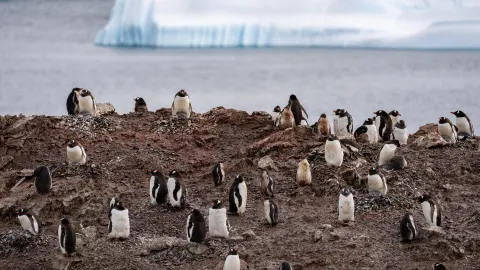
One hundred years ago, colorful canaries warned humans of the hazards of digging for coal by riding shotgun down the mine and dropping dead. Now, penguin experts say these birds are showing us the hidden hazards of burning coal and other fossil fuels by the way they march. As global warming changes the survival-of-the-fittest game at the bottom of the world, one particular species of Antarctic penguin is modeling a poignant lesson for humanity: Adapt or die…and make it quick. The penguins gorge mainly on Antarctic krill, a shrimp-like crustacean that thrives on the kind of phytoplankton found under sea ice. At the end of the Southern Hemisphere winter in September 2014, there were more than 7.7 million square miles of frozen saltwater floating around Antarctica, and many species like humpback whales were feasting on krill and thriving. However, early this year, sea ice reached a record-shattering low of less than 700,000 square miles, breaking the previous record set just last year. Tom Hart, a biology lecturer at Oxford Brookes University, and David Lynch, an AI computing expert, are using satellites, camera traps, citizen science and AI computing to monitor millions of penguins around Antarctica. They are watching a real-time lesson in evolution and adaptation, as gentoo penguins are ranging further and further south and their numbers are exploding. The Adélie and chinstrap populations have cratered in many areas and particularly chinstrap penguins have declined in some areas by as much as 80%. Adaptation means being tough in a hard environment, but also reading the room on seasonality and being plastic and flexible and adaptive. Avian flu is now present in Chile and Argentina and Hart predicts it could migrate with seabirds to the Antarctic Peninsula next spring and devastate penguin colonies. The most important details in this text are the "hard" and "soft" limits of adaptation to climate change. The hard limit is if political or financial hurdles block an available strategy, while the soft limit is if physical changes are too sudden and severe. The gentoos are struggling due to a warmer, wetter Antarctic created snow and rain events, delaying this year's penguin nesting season by a month. Lynch believes that if there was a permanent shift towards a snowy year climate, gentoo penguins would start breeding earlier, and that the gentoos are going to be just fine.
Antarctic-peninsula Un Cnn Uk Antarctic
Comments
Related news

Fox News and Tucker Carlson have a falling out.
Read more
China and the US might engage in a more serious cold war, according to Henry Kissinger
Read more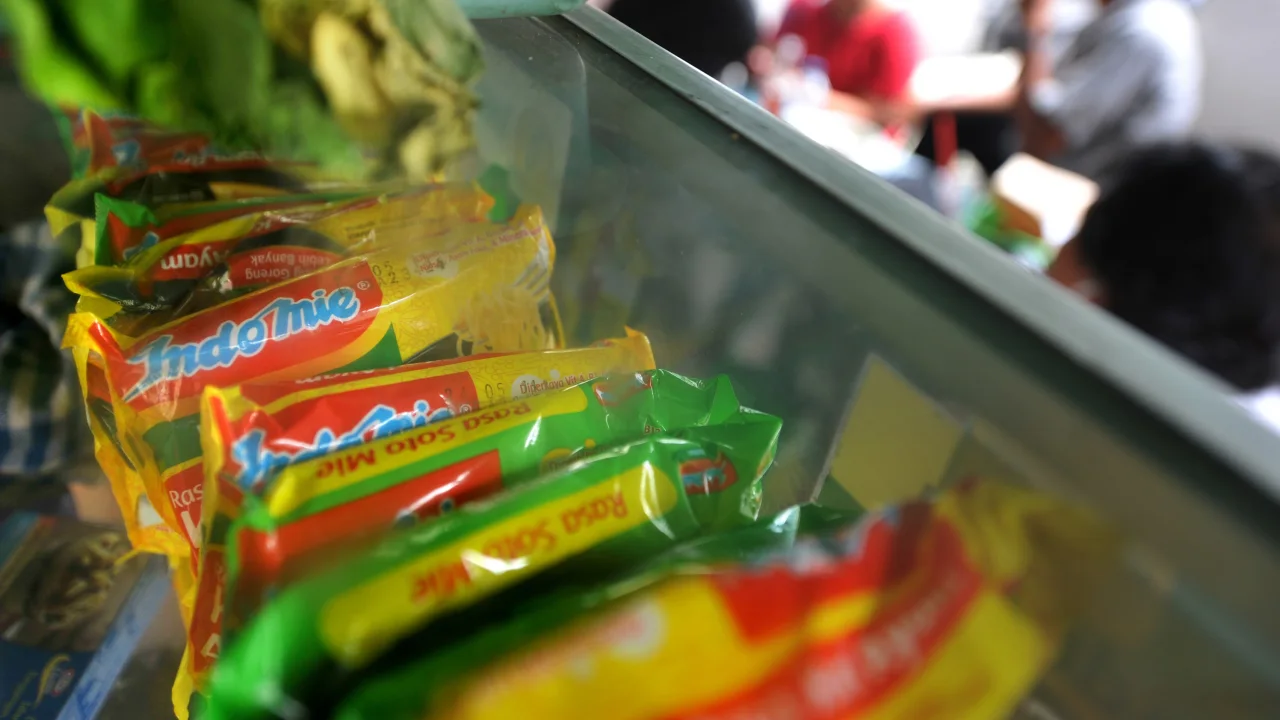
Nigeria is looking into popular Indomie noodles after recalls in Malaysia and Taiwan.
Read more
Al-Aqsa is stormed by Israeli police and settlers, forcing Muslim worshippers to leave the area.
Read more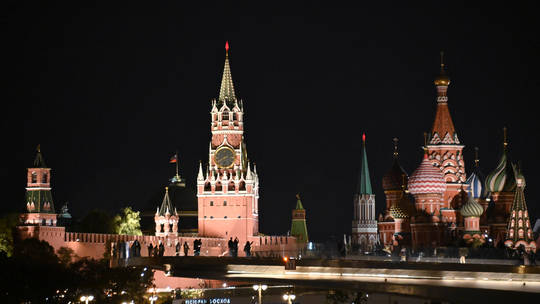
Due to the attack on the Kremlin by Ukraine, Russia has issued a warning.
Read more
More than 4,300 dead in Turkey and Syria after strong quake
Read more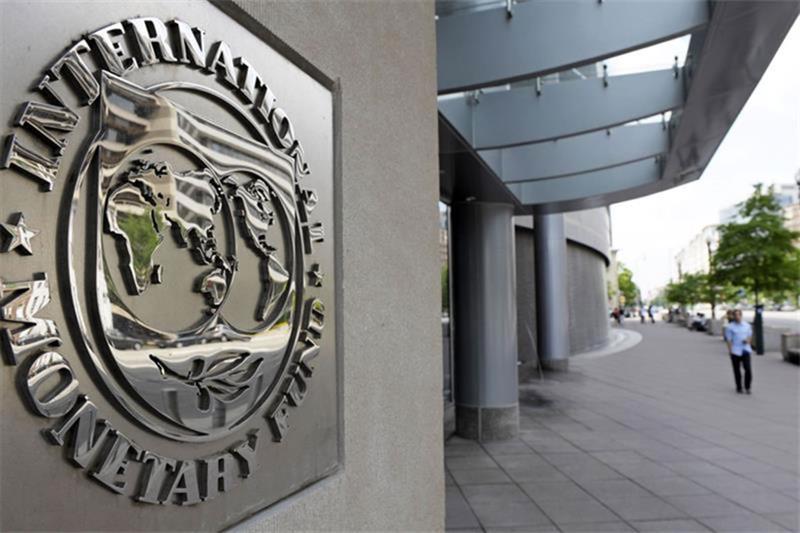
IMF and Ukraine reach credit agreement worth $15.6 billion.
Read more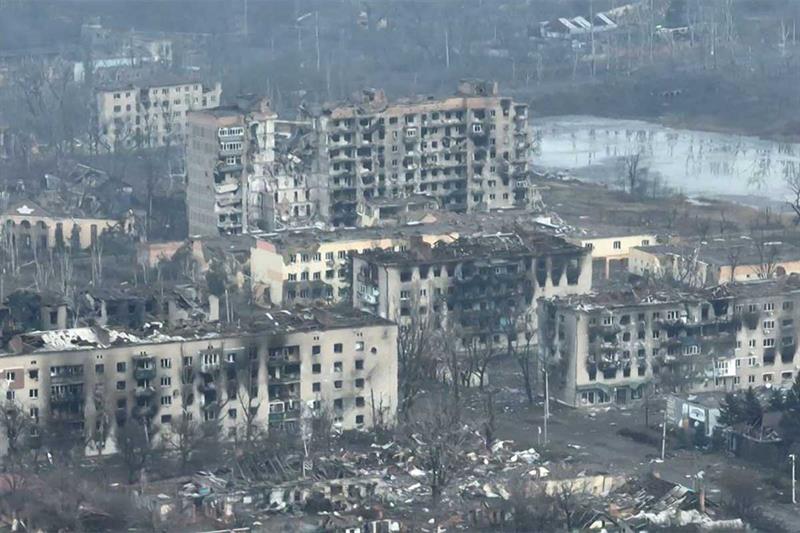
Ukraine and Wagner are engaged in fierce combat over Bakhmut's centre.
Read more
With the ICC's arrest order, Putin's world has significantly shrunk.
Read more